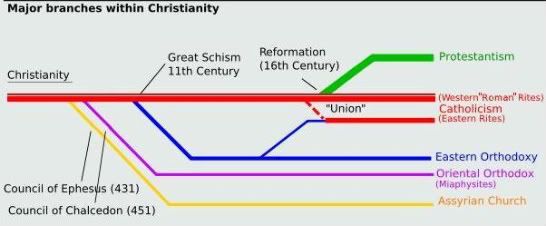Since the time of Christ, Christians have always understood that baptism is a sacrament which accomplishes several things, the first of which is the remission of sin, both original sin and actual sin—only original sin in the case of infants and young children, since they are incapable of actual sin; and both original and actual sin in the case of older persons.
Peter explained what happens at baptism when he said, "Repent, and be baptized every one of you in the name of Jesus Christ for the forgiveness of your sins; and you shall receive the gift of the Holy Spirit" (Acts 2:38). But he did not restrict this teaching to adults. He added, "For the promise is to you and to your children and to all that are far off, every one whom the Lord our God calls to him" (2:39). We also read: "Rise and be baptized, and wash away your sins, calling on his name" (Acts 22:16). These commands are universal, not restricted to adults. Further, these commands make clear the necessary connection between baptism and salvation, a connection explicitly stated in 1 Peter 3:21: "Baptism . . . now saves you, not as a removal of dirt from the body but as an appeal to God for a clear conscience, through the resurrection of Jesus Christ."


